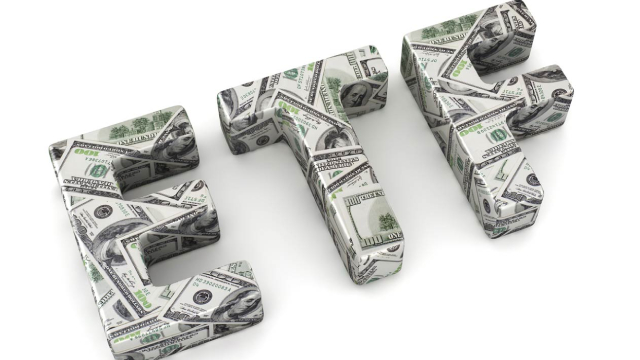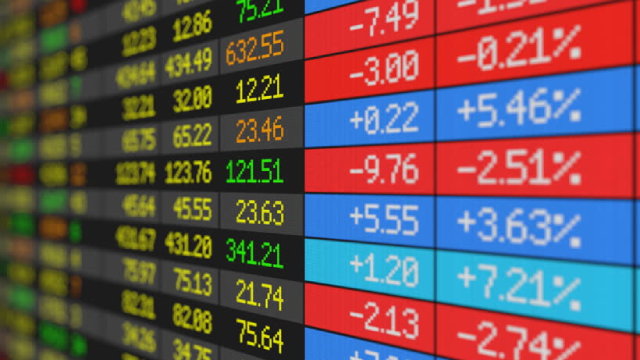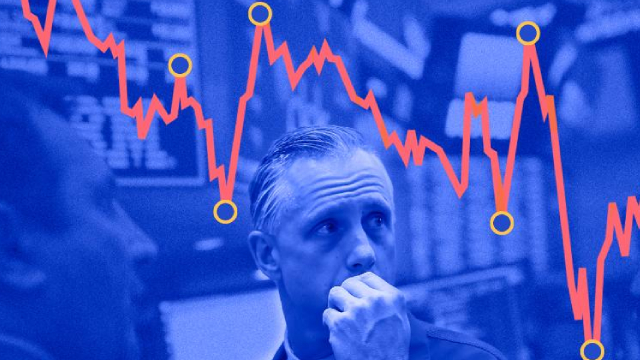XLF Stock Recent News
XLF LATEST HEADLINES
Designed to provide broad exposure to the Financials - Broad segment of the equity market, the Financial Select Sector SPDR ETF (XLF) is a passively managed exchange traded fund launched on 12/16/1998.
XLF hits a new 52-week high, fueled by surging bank stocks and strong capital buffers across financial giants.
Jay Woods, Chief Global Strategist for Freedom Capital Markets, explains why he's so high on regional banks.
Most U.S. banks raised their dividend payouts as top U.S. banks passed the Fed's stress test with strong capital. Play ETFs like KBWB, XLF and VFH.
Erika Najarian, UBS large cap bank analyst, joins CNBC's 'Squawk on the Street' to discuss what's on deck for banks in the second half of the year.
Centene (CNC) sold off more than 30% at the opening bell after withdrawing full-year guidance. Diane King Hall talks about how the "big, beautiful bill" plays a pivotal role in that downside price action.
CNBC's Leslie Picker joins 'Squawk on the Street' with the latest news on the banking sector.
CNBC's Leslie Picker joins 'Money Movers' to discuss the financial sector seeing a rise is stock amid passing the Fed's stress test.
Financial sector rallies as Fed rate cut hopes and easing regulations fuel a 22.94% jump in the Dow Jones U.S. Financials Index.
CNBC's "Fast Money" is joined by Gerard Cassidy, head of U.S. bank equity strategy and large cap bank analyst at RBC Capital Markets, to discuss the outlook for the banking industry, the upcoming results of the stress test and more.








